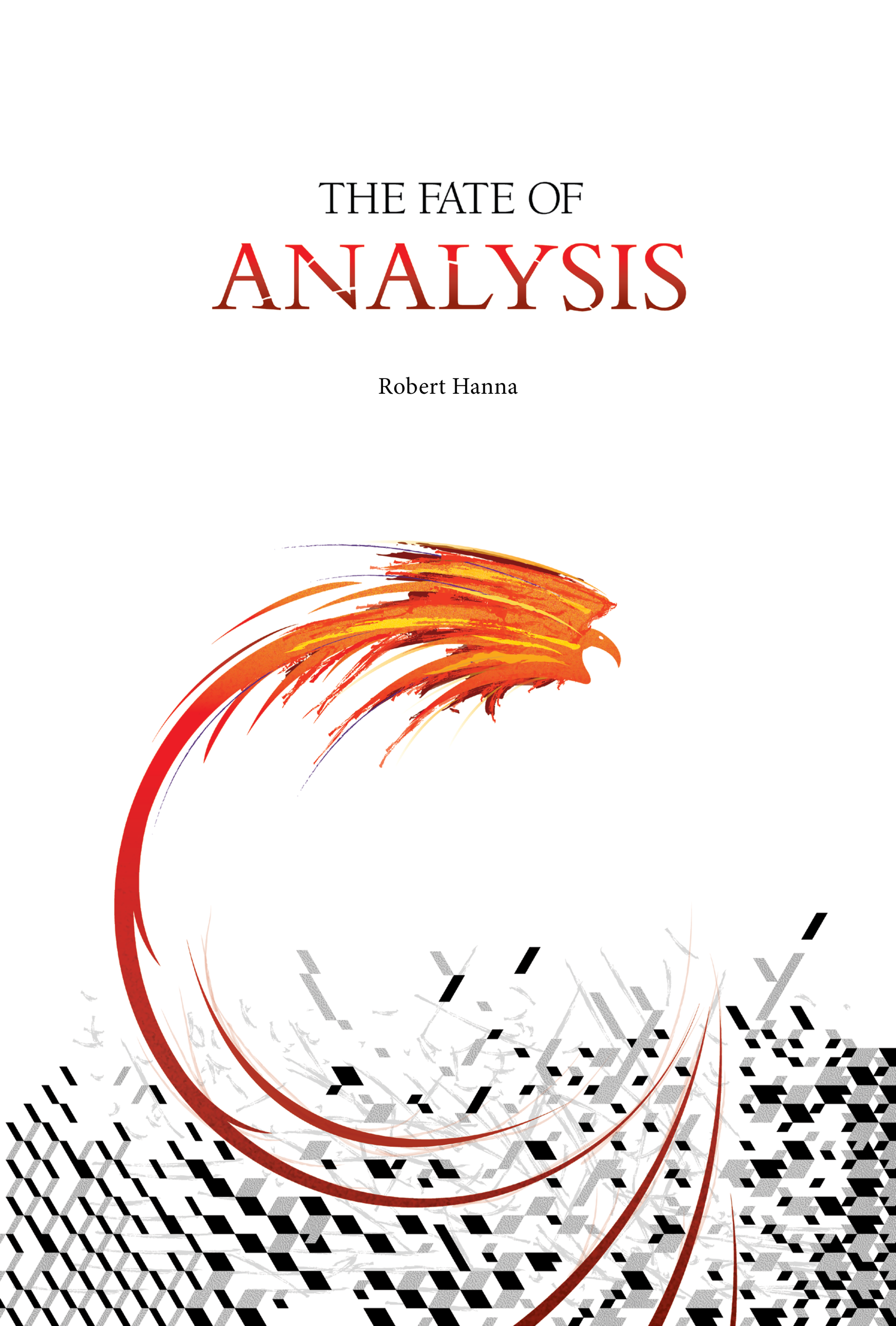THE MEANING OF LIFE: the ideal and ultimate purpose or value of a finite, unique, rational human animal life, taken as a unified whole that runs continuously from the emergence of that animal’s consciousness to their death.
Controversy: There are at least as many distinct and competing answers to the fundamental question, “what is the meaning of life?,” as there are distinct and competing moral theories, distinct religions, and distinct cosmologies.
So one might conclude from this that there’s a plurality of equally correct answers to that fundamental question.
ELABORATION
But on the contrary, it’s arguable that in reality, there’s one and only one all-things-considered best morally and rationally defensible conception of the meaning of life, which I’ll now spell out.
Just as theoretical rationality is grounded in categorically normative logical principles, so too practical rationality is grounded in categorically normative moral principles, and the two sets of absolute principles are ultimately the same set of absolute principles, also known collectively as The Categorical Imperative, insofar as it is realized in our “human, all too human” rational animal lives.
The Categorical Imperative is the set of principles centered on and flowing from our absolute or unconditional and universal obligation to treat every rational human animal, aka human person, with sufficient respect for their dignity.
Human dignity, in turn, is the absolute, non-denumerably infinite, intrinsic, and objective value of rational human animals/human persons, as ends-in-themselves (non-instrumental ends) and not ends-for-the-sake-of-something-else (instrumental ends).
Then, the essential moral implications of human dignity are a hierarchically-ordered set of (either absolutely or ceteris paribus) universal moral principles, aka The Categorical Imperative, specifying the ways of always treating all rational human animals/human persons, with sufficient respect for their human dignity, the essence of which is the absolutely universal obligation never to treat any rational human animal/human person, (including oneself) as a mere means or as a mere thing, in this thoroughly nonideal natural and social world.
More specifically, sufficiently treating a rational human animal/human person with respect for their human dignity has three individually necessary, individually insufficient, and jointly sufficient conditions: (i) a rational human animal/human person is sufficiently treated with respect only if they are not treated either as a mere means or as mere thing, for example, in the way that the Nazis treated people, like a piece of garbage or offal, for no good reason whatsoever, (ii) a rational human animal/human person is sufficiently treated with respect only if they are treated in such a way that they can give their explicit and/or implicit rational consent to that treatment, and (iii) a rational human animal/human person is sufficiently treated with respect only if they are treated with kindness—that is, with benevolent attention to the satisfaction of their true human needs.[1]
Now, authenticity is the overall coherence, over time, of an individual rational human animal’s/human person’s beliefs, thoughts, emotions (i.e., desires, feelings, and passions), choices, and actions, aka wholeheartedness.
And principled authenticity, in turn, is nothing more and nothing less than an individual rational human animal’s/human person’s at least partial or to-some-degree wholehearted and autonomous—i.e., free and self-legislated—adherence to a special set of guiding principles, i.e., the set of principles that defines their own personal unified life-project, all subsumed under the Categorical Imperative, in this thoroughly nonideal natural and social world, over the course of their complete, finite, and unique life.
Then, in view of all that, the meaning of life for a rational human animal/human person lies in their lifelong pursuit of principled authenticity in a fully finite, ineluctably contingent, intensely exciting, overwhelmingly lovely, and sometimes also heart-crushingly confusing, contradictory, dangerous, evil, ugly, and tragic world, together with all the other rational human animals/human persons, as members of a single universal intersubjective ethical community—all of us individually and collectively committed to mutual sufficient respect, mutual equal consideration, mutual aid, and mutual kindness—along with all the non-rational, human or non-human, sentient or non-sentient living organisms, considered now as “associate members” of that universal ethical community.
—As opposed to their merely self-perceived and false human needs, that is. It might be that someone perceives within themselves an intense need to own a certain luxury automobile, even though they already own a car that’s perfectly adequate to their true human needs. Therefore, it’s not unkind of us not to cater to this self-perceived and false human need. For more on the crucial distinction between true human needs and false human needs, see M. Maiese and R. Hanna, The Mind-Body Politic (London: Palgrave Macmillan, 2019), ch. 3. ↩︎

If you feel so inclined, please feel free to show your support for Robert via his Patron page (https://www.patreon.com/philosophywithoutborders) or purchase his recently published book, The Fate of Analysis (2021).

The Fate of Analysis (2021)
Robert Hanna’s twelfth book, The Fate of Analysis, is a comprehensive revisionist study of Analytic philosophy from the early 1880s to the present, with special attention paid to Wittgenstein’s work and the parallels and overlaps between the Analytic and Phenomenological traditions.
By means of a synoptic overview of European and Anglo-American philosophy since the 1880s—including accessible, clear, and critical descriptions of the works and influence of, among others, Gottlob Frege, G.E. Moore, Bertrand Russell, Alexius Meinong, Franz Brentano, Edmund Husserl, The Vienna Circle, W.V.O. Quine, Saul Kripke, Wilfrid Sellars, John McDowell, and Robert Brandom, and, particularly, Ludwig Wittgenstein—The Fate of Analysis critically examines and evaluates modern philosophy over the last 140 years.
In addition to its critical analyses of the Analytic tradition and of professional academic philosophy more generally, The Fate of Analysis also presents a thought-provoking, forward-looking, and positive picture of the philosophy of the future from a radical Kantian point of view.







